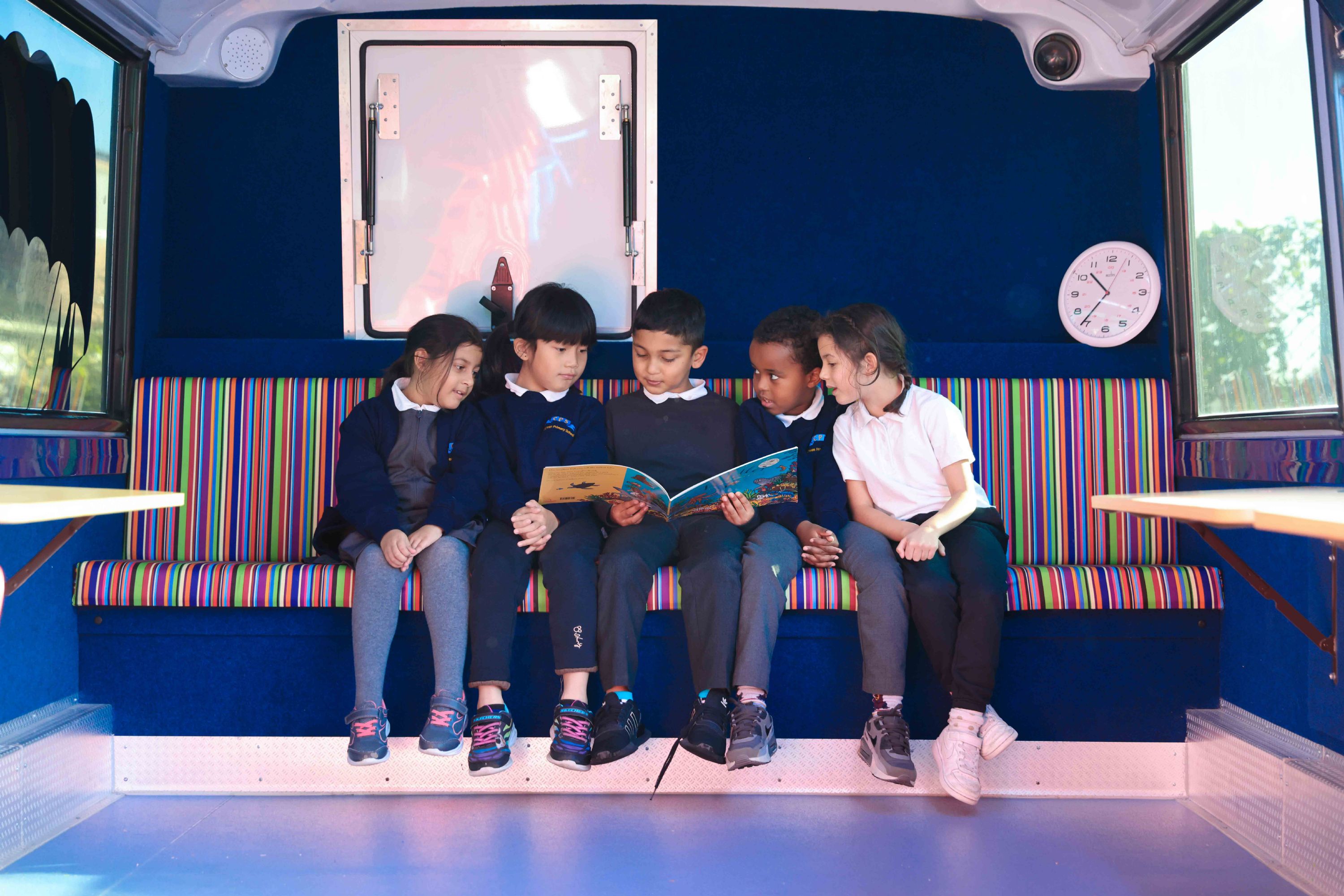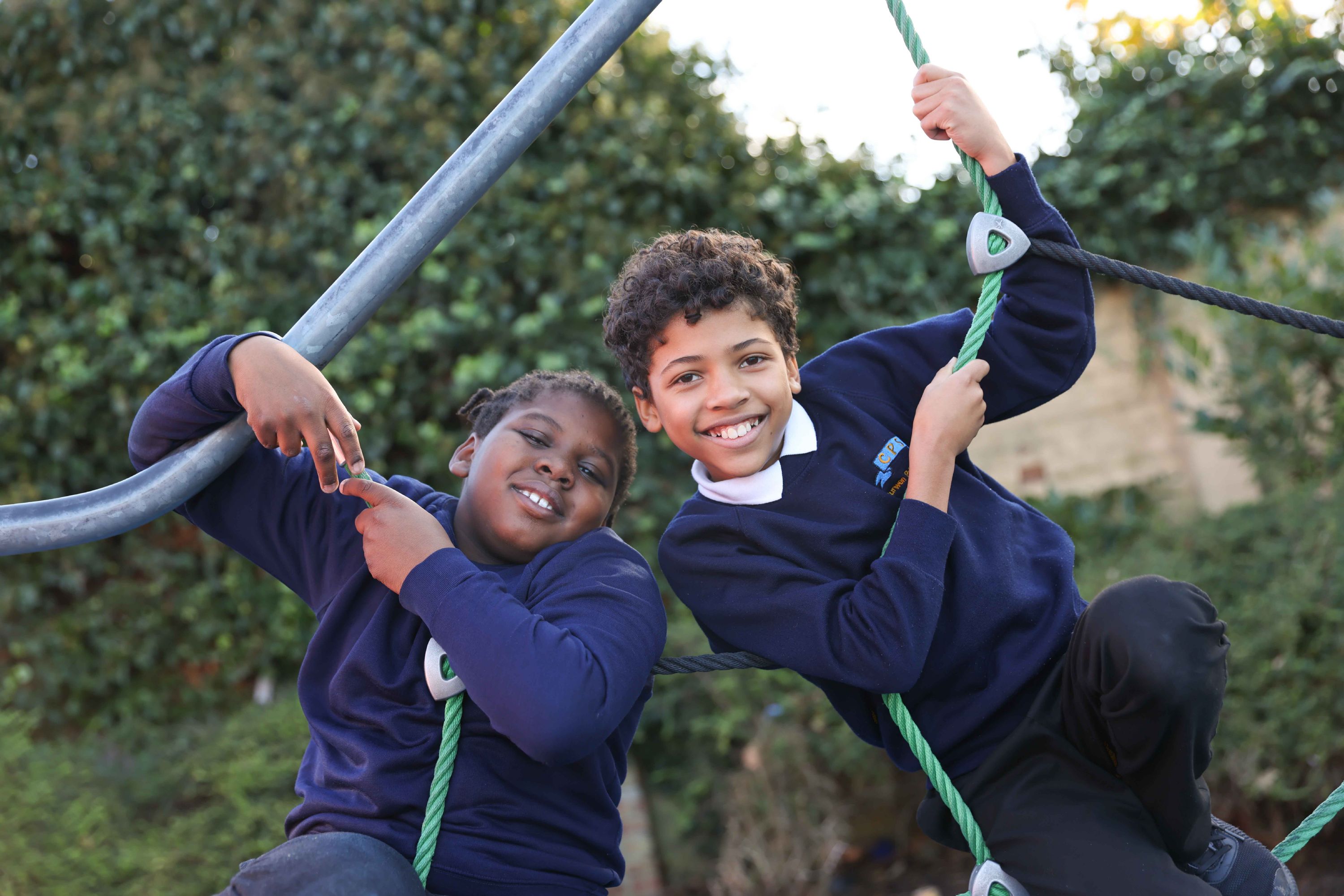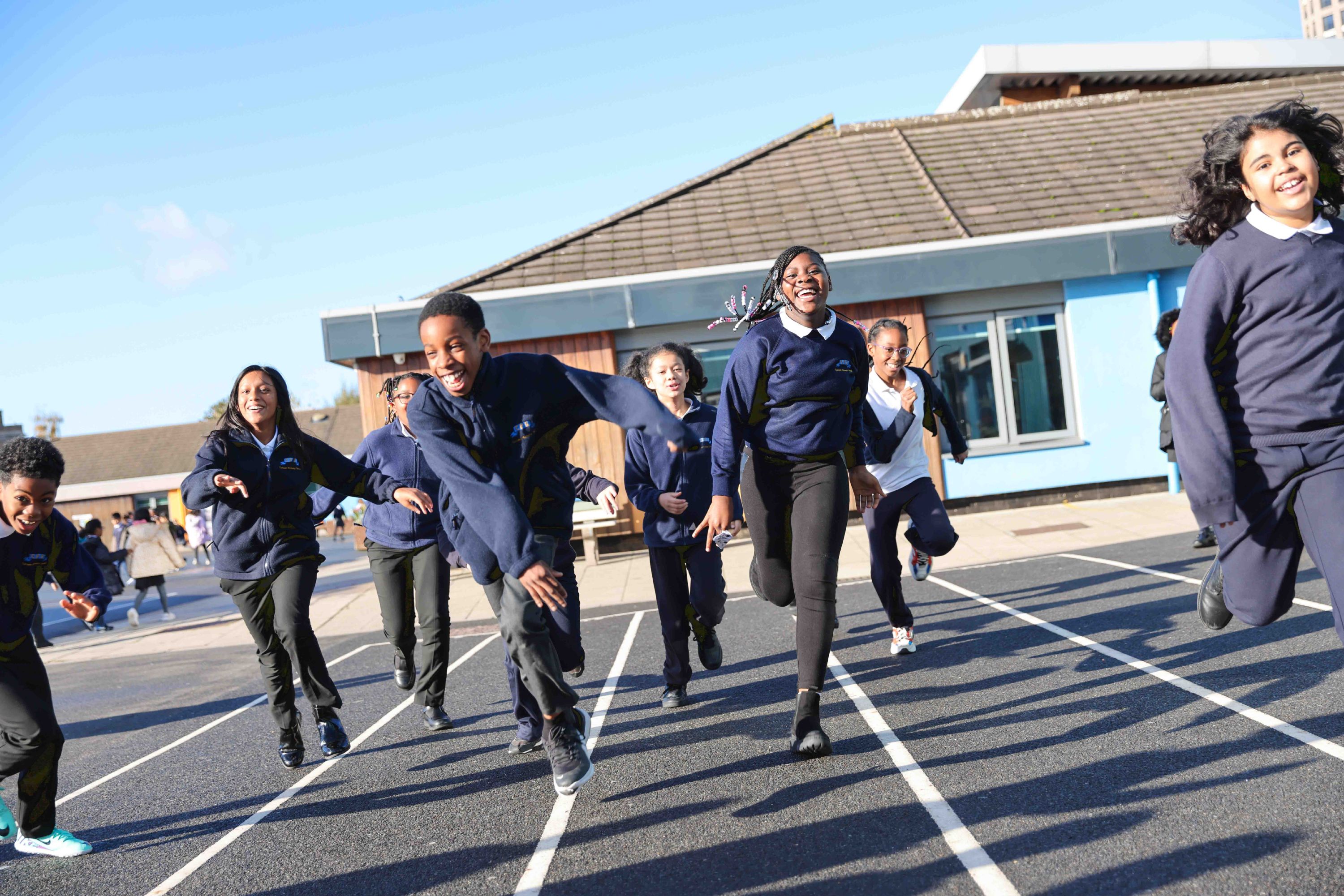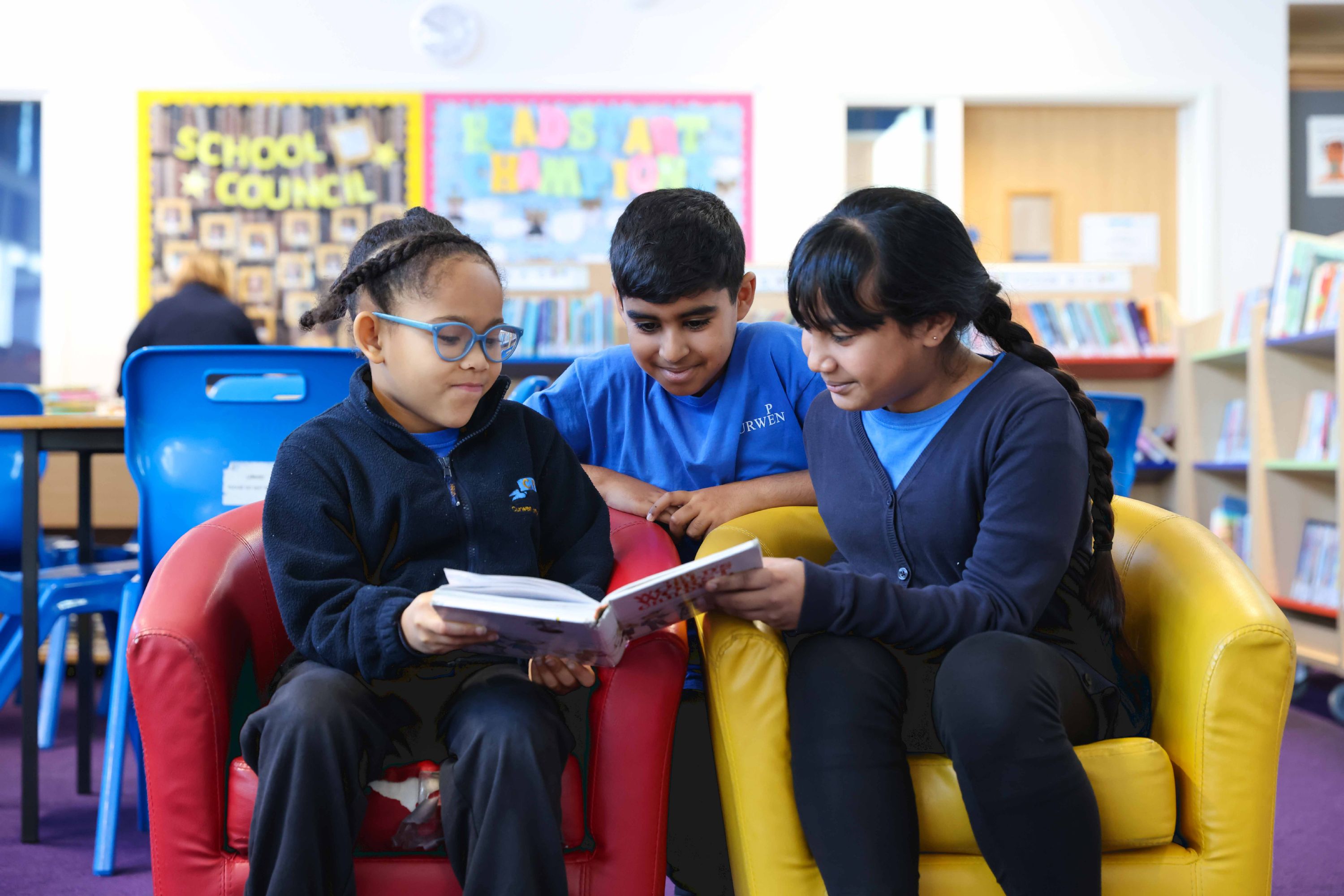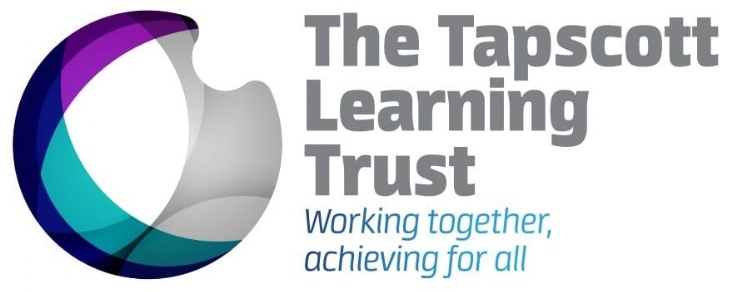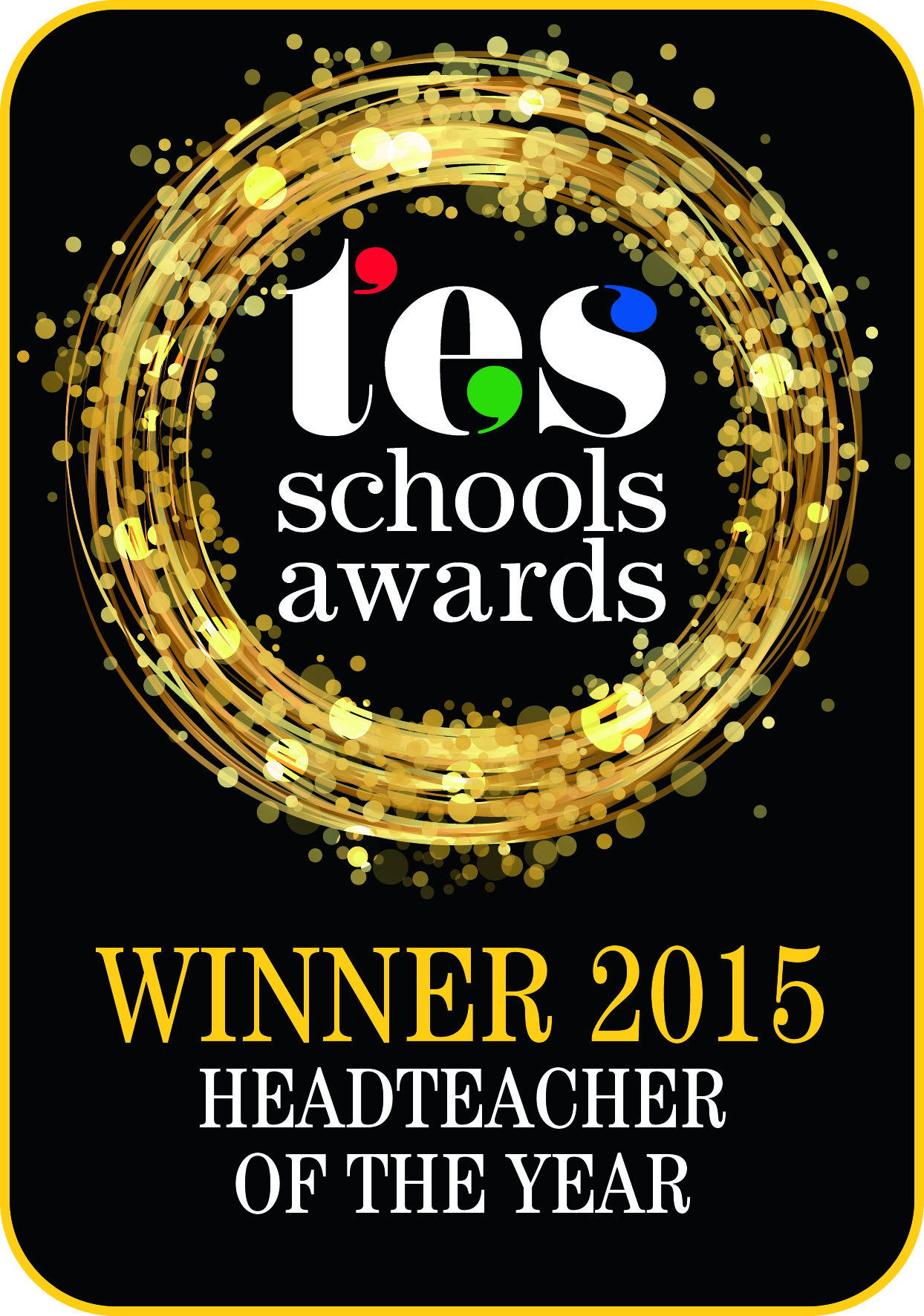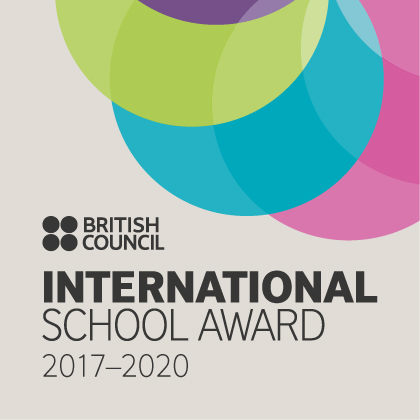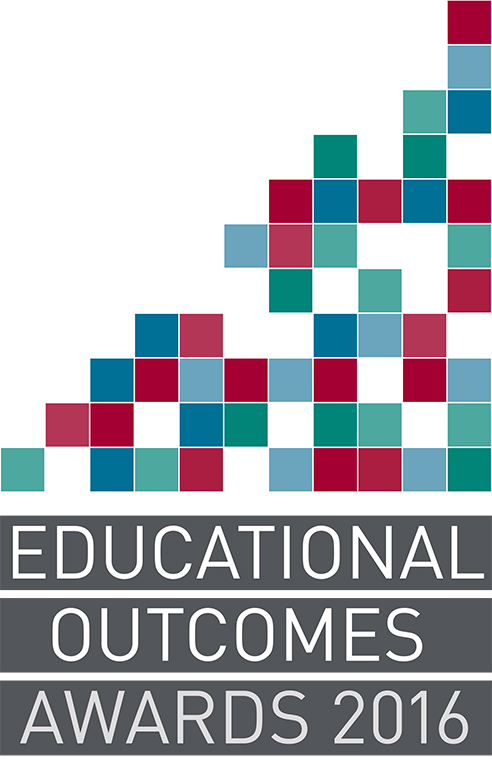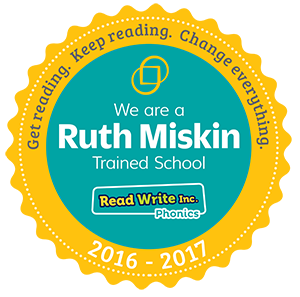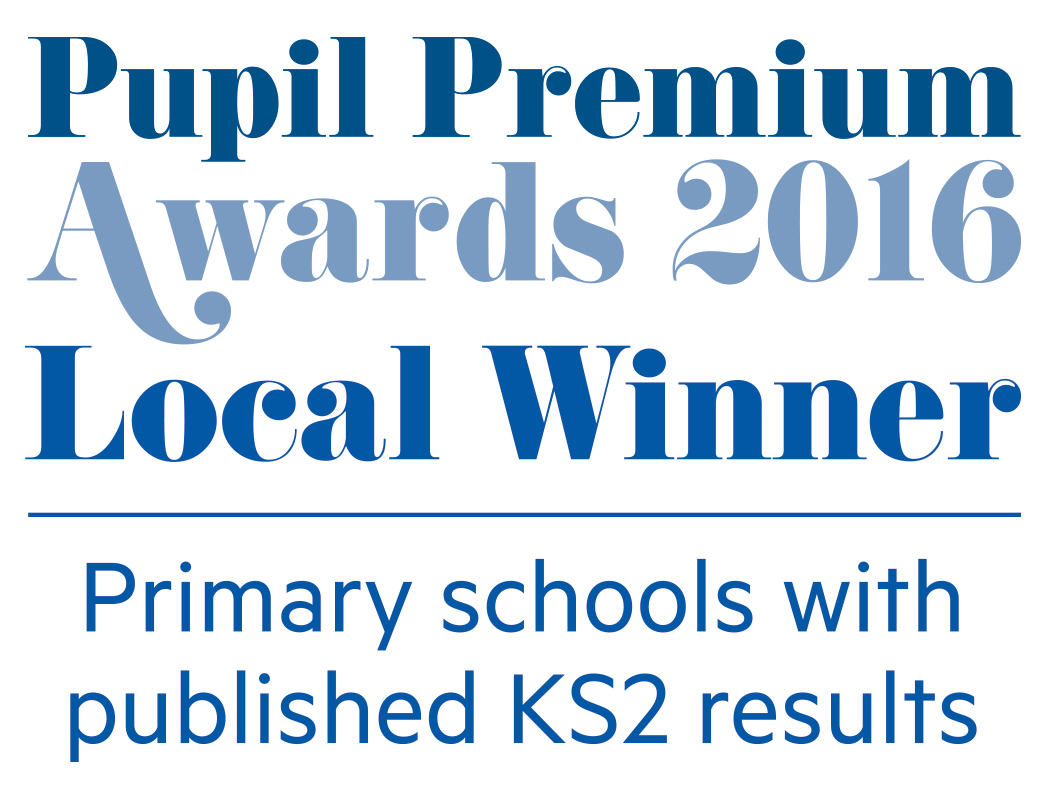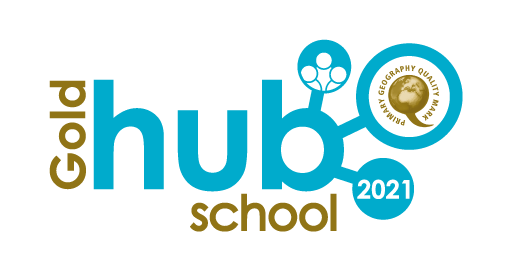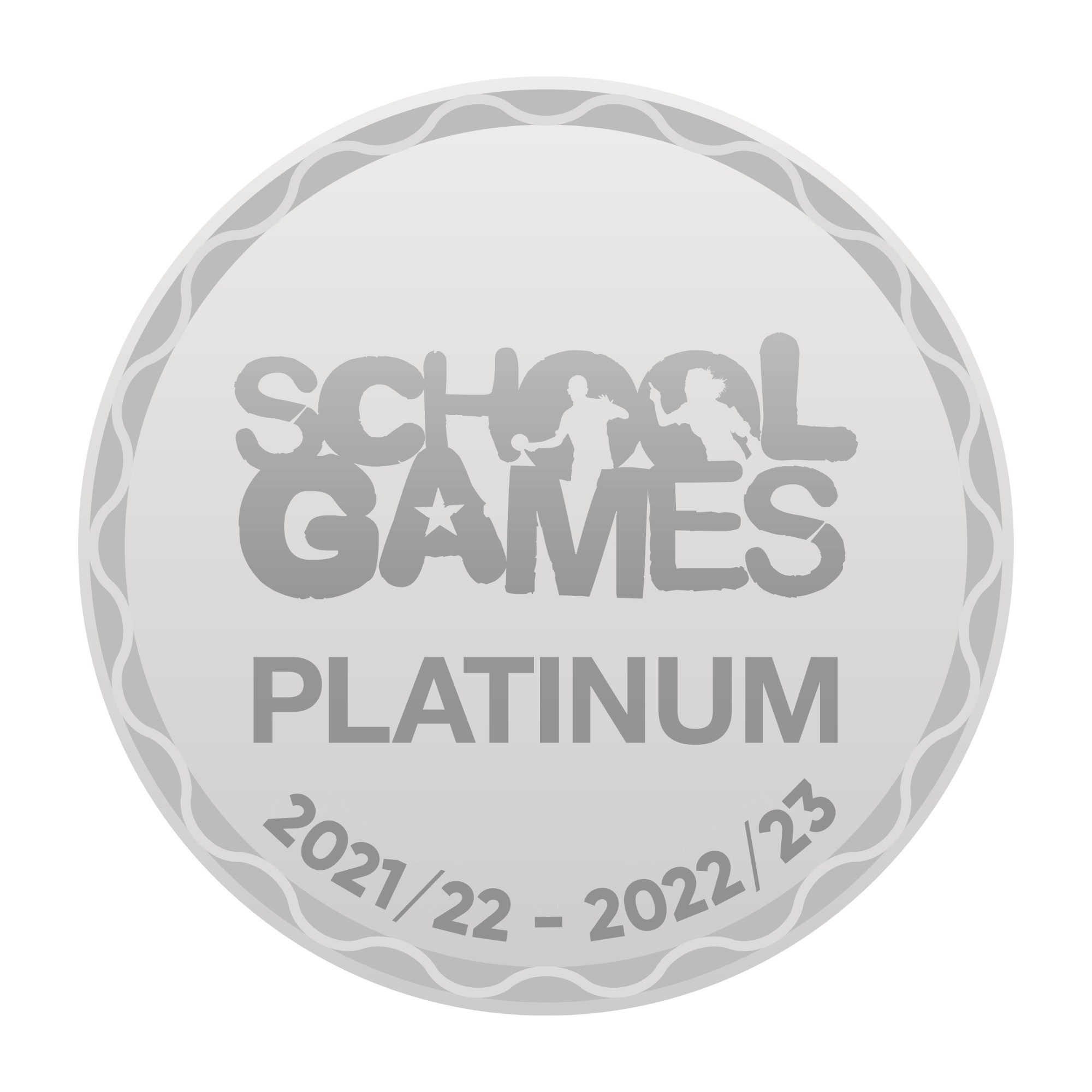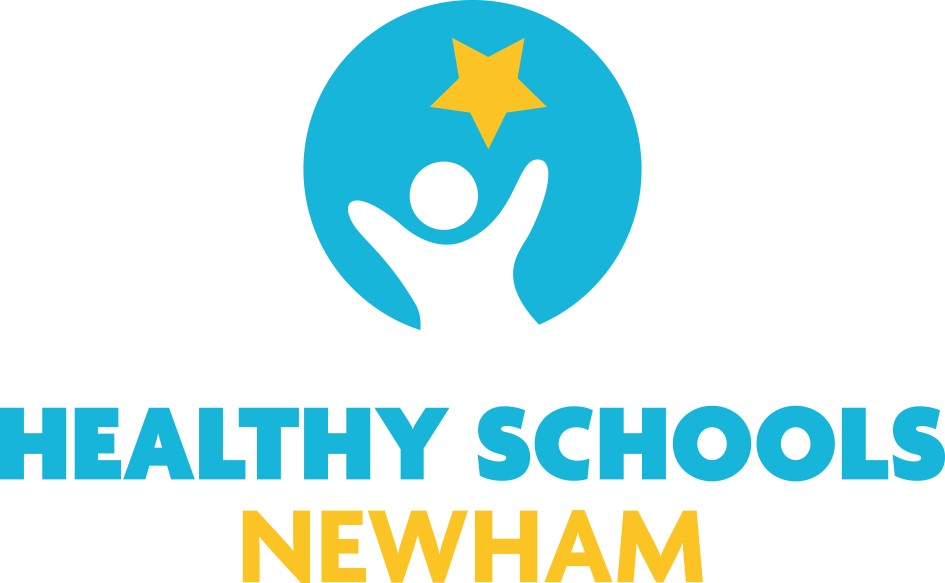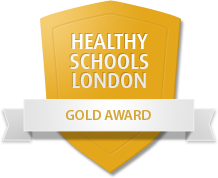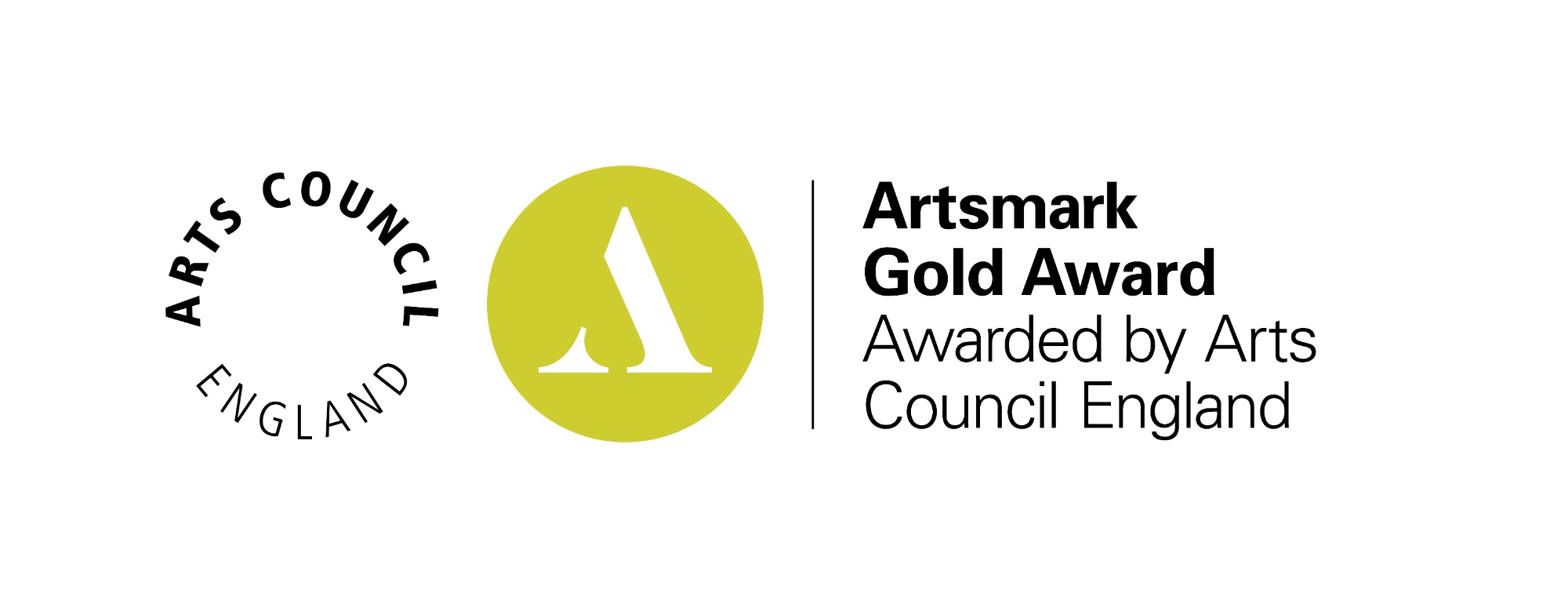Literacy
Reading at Curwen
The aim of our reading curriculum is to ensure that all children SHINE. We want children from an early age to develop a love of reading and gain the basic skills to be able to decode words to enable them to access reading, and set the foundations for them to become lifelong readers and access the world around them.
Intention of Curwen’s reading curriculum:
- Nurture and promote a love of reading from nursery to year 6 – regular library visits, story time, reading raffle, star readers, BugClub online books, World Book Day, books linked to all areas of the curriculum
- Early readers can build on a secure foundation of the decoding/phonics skills to help them access age-appropriate texts
- All children see them themselves as readers - exposed to books/authors/genres that reflect the diversity of the school community
- Pupils see reading as an important tool to help them in their learning and future lives
- As part of educating the whole child, we want to make sure all children leave as confident, independent and lifelong readers
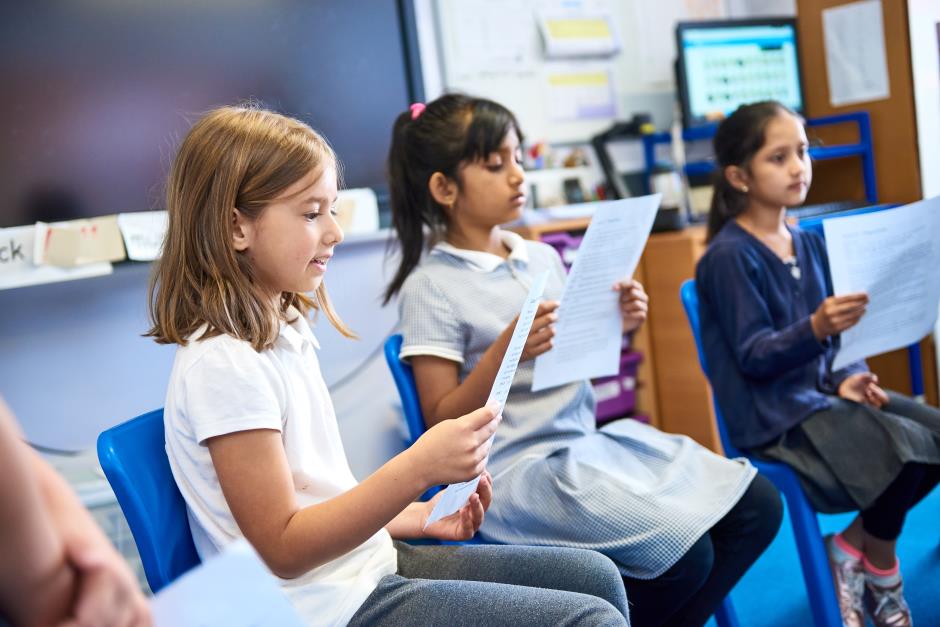
How to support reading at home
Dear parents/carers,
Reading with your child at home is vitally important to ensure that they are developing their understanding of the world, improving their reading skills, whilst also promoting a love of reading. Sometimes it can be hard to find the time, but research suggests that reading aloud to children or children reading aloud to an adult, even if only for a short time each day, develops their language skills, as well as enhancing their love of literature. The information below contains ideas and questions that you might use to support your child’s reading at home.
Why is reading so important?
- Books provide good models of language.
- Reading develops the imagination.
- Exploring a variety of texts develops our pupils’ vocabulary.
- Reading helps to explore life beyond a child’s immediate experiences.
- Reading can help a child to develop their own story telling skills.
How can you support your child with their reading at home?
- Ensure your child reads at least FIVE times a week, and sign their reading record when they have read.
- Children enjoy hearing the same stories, however it is useful to explore a wide range of books. Children often like the repetition of familiar stories. These are fine but try and explore other stories too.
- When looking at a book, decide whether you are going to read the story or talk about the book.
- When you read, encourage the child to sit and listen. It is good for a child to hear a story read to them slightly above their reading ability, to develop their vocabulary and understanding of more advance texts.
- When your child reads, check that he/she has understood the story. When learning to read it is sometimes hard to work out what each word says and means. Once your child gets to the end of a difficult page ask them to read it again or you could read it so they can understand it. Check your child’s understanding at the end by asking your child to tell you about the story by summarising key events.
- Ask your child if there is anything in the story they did not understand.
- Encourage your child to talk about the story and give reasons why they liked/disliked it.
- Repeat back words and sentences they use correctly so that your child hears good examples. Sometimes add one more detail or an idea to develop his/her language acquisition.
- Check that your child knows what the words mean. Explain difficult words and show your child how to use words by giving examples of sentences.
- Exploring and using vocabulary. Ask your child to write down any new words they come across and try to use them in a sentence.
- Encourage your child to sequence the ideas and events in the story in the correct order.
- Encourage your child to describe objects and people, adding details and extra information. This will help to develop your child’s vocabulary.
What types of questions should I be asking my child?
Asking questions is really important to developing understanding and vocabulary. Ask a few questions at different points of the book; however, try to let your child lead the conversation about the book. Don’t open the book and ask lots of questions! Below are some suggested questions that you might ask your child at different points in the reading process. Please find attached some supplementary questions that you might ask your child when reading with them at home, linked to the reading skills that we teach at Curwen.
|
Before reading the book |
Halfway through the book |
At the end of the book |
|
*Why did you choose this book? *What do you think will happen in the story? *If non-fiction- What do you hope to find out? |
*What has happened so far? *Who are the main characters? *How do you think the main characters are feeling now? Why? *How would you describe the story so far? E.g. funny/ exciting *What might happen next? *Non-fiction- What have you learned so far? *What is the most interesting thing you have found out? |
*Did you enjoy this book? *What was the best part of the story? *What could be an alternative ending? *Would you recommend this book to a friend? *Why would you recommend it, or why wouldn’t you? *Would you choose more books by the same author? |
There are a range of strategies you can use at home to support your child’s reading skills:
EYFS and Y1
Here are some suggested questions to ask your children when reading with them at home:
|
Skimming: What do you think the story is about? What do you think this character will do at the end of the story? Would you like to read this book? Why? |
Scanning: When/where is the story set? Who is the main character? Can you find the part where…? Can you find the word….?
|
|
Summarising What did we find out at the beginning / middle / end of the story? What did the title have to do with the book? Can you draw/write on a piece of paper what you have been reading? What moment do you remember most from? |
Sequencing What happens at the beginning / middle / end of the story? How/where does the story start? What do you think might happen next? What is the dilemma (problem) and how is it resolved?
|
|
Comparing What is similar/different about these two characters? Can you compare this book to another book you read? Is this as good as...? Can I make a text to world connection? |
Understanding Vocabulary: What does this word mean? Can you use it in a sentence? Can you find a word that means…? What other words/phrases could the author have used here? How/where can we find out the meaning of this word? |
|
Inference: What do you think… means? Why do you think that? Why / how / when / where do you think…? How do you know? |
Predicting: What do you think this text will be about? Why? Why did the author choose this setting? What do you think… will do/say next? How do you think the story will end? Why? Can you draw what is going to happen next? |
Y2 and Y3
Here are some suggested questions to ask your children when reading with them at home:
|
Skimming: What genre of text do you think this is? What do you think the text is about? Would you like to read this book? Why? |
Scanning: Who is the main character? When is the story set? Can you find the part where…? Tell me three facts you learnt from this text.
|
|
Summarising What is the main point in this paragraph? Sum up what has happened so far in … words or less. Which is the most important point in these paragraphs? Do any sections/paragraphs deal with the same themes? |
Sequencing What happens in the story’s opening? How/where does the story start? What happened at the end of…? What is the dilemma (problem) and how is it resolved?
|
|
Comparing What is similar/different about these two characters? Explain why... did that. Describe different characters’ reactions to the same event. Is this as good as...? Which... is better and why? |
Understanding Vocabulary: Can you find a word that means.. Can you find a noun/verb/adjective that shows you that… Why do you think the writer used the word… to describe…? By writing in this way, what effect has the author created? What other words/phrases could the author have used here? |
|
Inference: What do you think… means? Why do you think that? Why do you think…? How do you think…? When do you think…? Where do you think…? What do these words mean and why do you think that the author chose them? |
Predicting What do you think this text will be about? Why? Which stories have openings like this? Do you think that this story will develop the same way? Why did the author choose this setting? Will that influence the story? What do you think… will do/say next? How do you think the story will end? Why? |
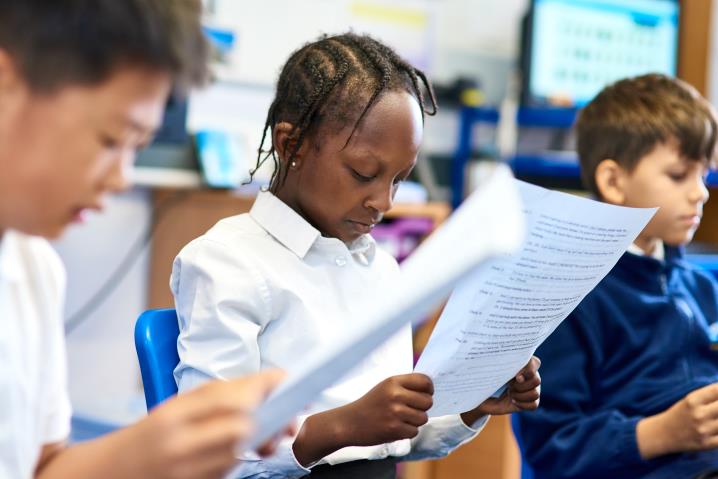
Y4, Y5 and Y6
Here are some suggested questions to ask your children when reading with them at home:
|
Skimming and Scanning: What genre of text do you think this is? What do you think the text is about? Would you like to read this book? Why? Who is the main character? When is the story set? Can you find the part where…? Tell me three facts you learnt from this text. |
Fact and retrieval - identifying key details Where / when does the story take place? Find evidence in the text. Where in the text would you find...? Which part of the story best describes...? What evidence from the text do you have to justify your opinion? |
|
Summarising - summarise main ideas from more than one paragraph What is the main point in this section of the text? Recap what has happened so far in 20 words or less. Which is the most important point in this paragraph? Is it mentioned anywhere else? Do any sections/paragraphs deal with the same themes? |
Inference - making inferences from the text and justifying them with evidence What do you think… means? Why do you think that? How do you think…? Where do you think…? What do these words mean and why might the author have chosen them? Can you explain why...? Which words give you the impression that...? |
|
Predicting - making predictions based on details stated and implied Can you think of another story with a similar theme/opening/ending? Why did the author choose this setting? Will it influence how the story develops? How is this character like someone you know in real life? Will they act in the same way? |
Vocabulary development - explaining the meaning of words What does this word/phrase/sentence tell you about the character/mood/ setting? By writing this way what effect has the author created/did the author intend to create? How has the author made you/the character feel happy/sad/ angry/ frustrated? |
|
Comparing - looking for similarities and differences with a text or across a range of different texts Explain how a character’s feelings change throughout the story. How do you know? What is similar/different about these two characters? How could this part of the text be improved? What are the clues that this character is liked/disliked/envied/feared/loved/hated? |
Authorial intent - how meaning is enhanced through the author's choice of words and phrases What does the word... tell you about...? By writing in this way, what effect has the author created? Which words do you think are the most important? Why? Has the author been successful in their purpose/use of language? What makes you think that? |
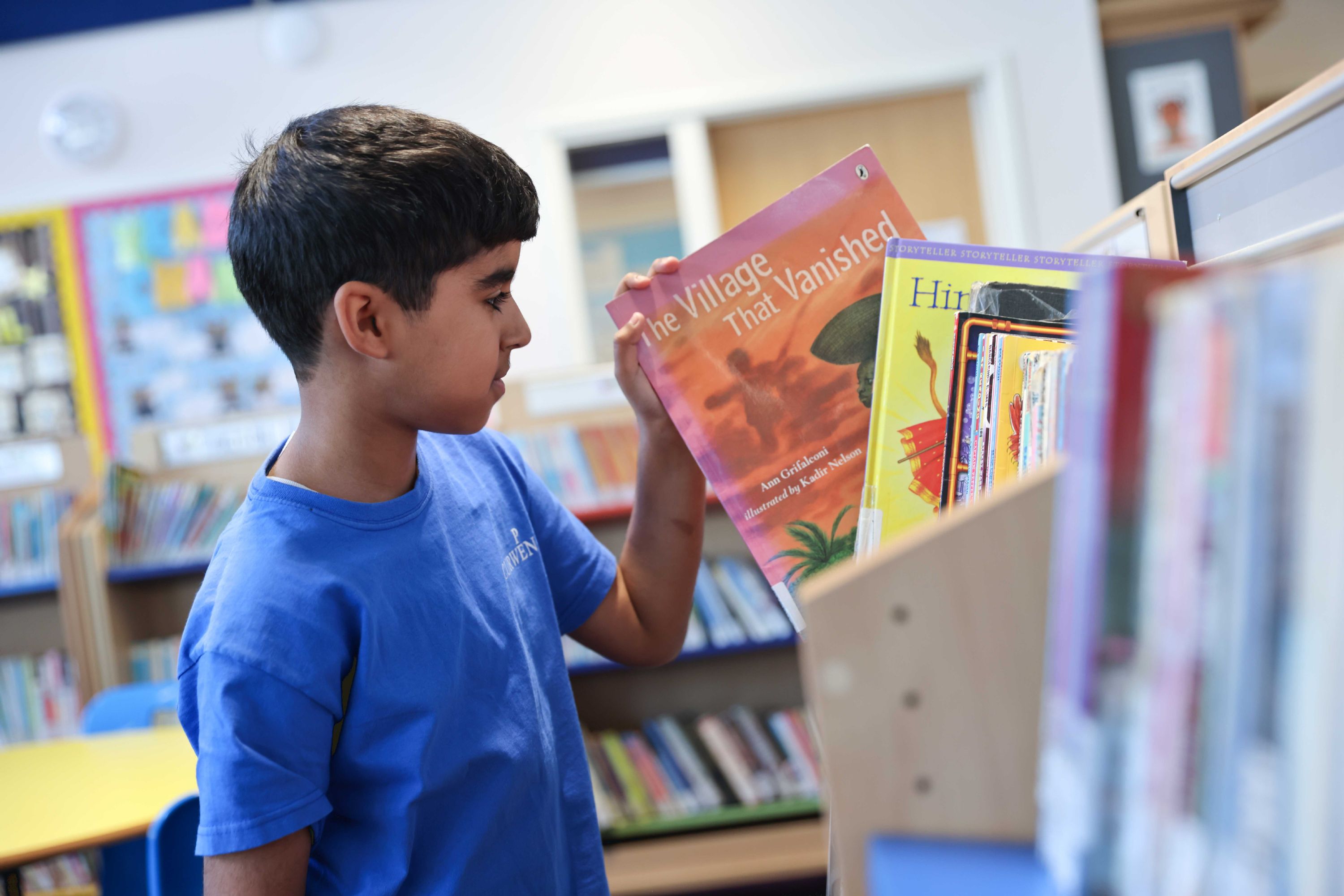
We hope to see your child’s reading continue to blossom this year but if you have any further questions please ask your child’s teacher, their year group leader or myself.
Yours Sincerely,
Mark Smale
Literacy Lead

